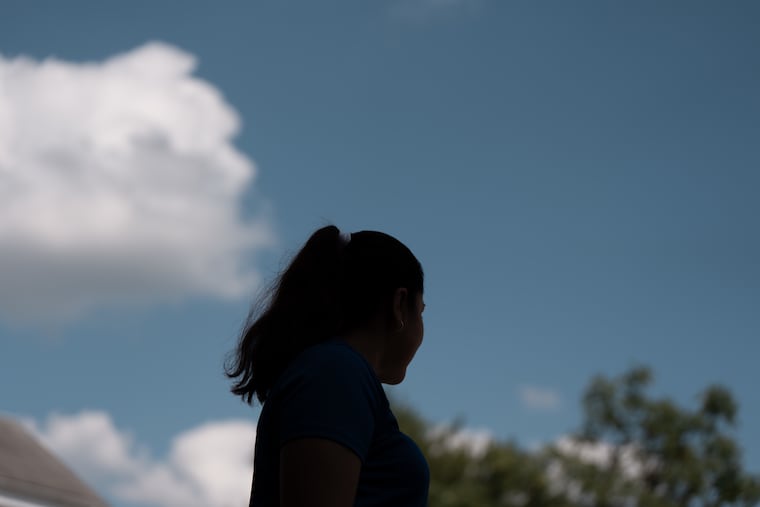25-Year-Old Mahnoor Omer Sues Pakistan Over Menstrual Health Rights Issues

In the heart of Rawalpindi, Mahnoor Omer’s journey from a self-conscious schoolgirl to an empowered activist highlights the urgent need for social reform surrounding menstrual hygiene in Pakistan. As she challenges the stigmatizing “period tax” that burdens millions of women, Omer’s quest illustrates a broader fight against economic disparities and gender inequality, reinforcing the message that access to essential hygiene products is a fundamental right, not a privilege.
Activist Campaigns Against Discriminatory ‘Period Tax’ in Pakistan
RAWPINDI – In Pakistan, where menstruation remains a taboo topic, 25-year-old Mahnoor Omer has emerged as a national figure advocating for menstrual hygiene rights. Omer recalls her school days when having her period was laden with shame. “I used to hide my pad up my sleeve like I was taking narcotics to the bathroom,” she explained. This deep-seated stigma resonates with many Pakistani women, especially given the crippling economic barriers they face.
In September, Omer, a lawyer, petitioned the Lahore High Court to challenge the “period tax” imposed on sanitary products, which disproportionately affects more than 100 million women in Pakistan. Under the Sales Tax Act of 1990, the government levies an 18 percent sales tax on locally produced sanitary pads and a customs tax of 25 percent on imported ones. According to UNICEF Pakistan, these combined taxes can effectively raise the total tax burden on such essential products to nearly 40 percent, making them unaffordable for most women. A typical pack of pads costs about 450 rupees (approximately .60), an expense that can equate to a family’s food budget for a day.
Critics of the current legislation argue that these taxes, which specifically target women, violate constitutional guarantees of equality and dignity. Omer’s petition endeavors to make sanitary products accessible and supports a broader push for social justice in a nation where menstruation-related issues already hinder many girls’ education and overall well-being.
Currently, only 12 percent of women in Pakistan use commercially produced sanitary pads. Many resort to improvised methods with cloth or other materials, often lacking access to clean water. Activists like Hira Amjad, founder of the Dastak Foundation, emphasize that removing these taxes could not only increase affordability but also boost school attendance rates among girls, contributing to healthier, more educated communities.
The movement for menstrual justice has gained traction, with organizations such as Mahwari Justice, led by Bushra Mahnoor, working to normalize conversation around menstruation and support women in need. After the devastating floods in 2022, Mahwari Justice expanded its mission to include distributing thousands of period kits that provide essential hygiene supplies.
Omer’s commitment to advocacy began at a young age, motivated by witnessing systemic injustices against women. Currently pursuing postgraduate studies, she collaborates with fellow activist Ahsan Jehangir Khan to advocate for women’s rights and ultimately seek justice for those impacted by the period tax. Khan emphasizes that taxation on menstrual products is a discriminatory practice that reflects a privileged elite’s disregard for ordinary women’s needs.
As dialogue surrounding menstruation becomes more open and pressing, the potential for legal and social reform grows. The petition spearheaded by Omer represents not just a legal challenge, but a beacon of hope for many women in Pakistan, seeking dignity and the basic right to affordable health care products.
This evolving movement reminds us that addressing menstruation-related stigma is not solely a women’s issue; it is a societal concern that affects health, education, and overall gender equality across Pakistan. Omer’s fight reflects a generation determined to reclaim their narrative and secure essential rights, transforming societal attitudes towards menstruation from shame to acceptance.
#CultureNews #PoliticsNews






